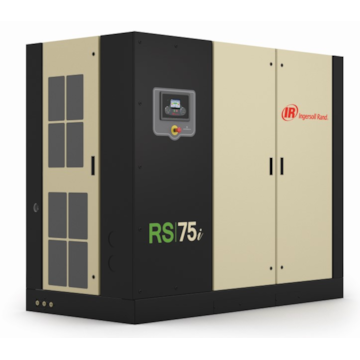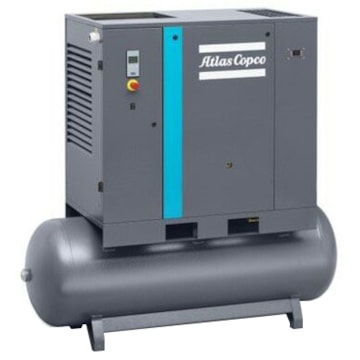What to do When Your Air Compressor Won't Build Pressure
It can be an anxiety-inducing situation for any business — your air compressor isn't building pressure but there are no unusual noises, the engine is running, and troubleshooting has stalled.
If this happens to you, there are a few steps you can take before calling in a professional or replacing your compressor. Here's what our team recommends...
Failing Intake Valves
If an intake valve has failed, it's likely your air compressor is only drawing air in during one cycle. This means that any air taken in is blown right back out rather than into the air tank. The best diagnosis: remove the intake valve and feel for air moving in and out while the compressor (just be careful, the pump may be hot)
If air is blowing back out of the opening, the problem might be a defective reed or flapper valve. This will require a trip to a compressor repair shop to deconstruct the tool and more accurately identify the issue.
Defective Piston Seal
Air compressors are built with filters that prevent dust and debris from clogging airways. These restrict particles from getting into the compressor tank and prevent excess oil from flowing into cyclinders. When these fail, your pistons can become blocked.
If you suspect this is the case, it's worth the effort to check both piston seals and rings to see if they've become worn down or damaged. Such issues can be identified by checking for air or oil coming out of the fill tube.
If that's something you find, the air compressor piping and fittings need to be replaced as the seal is no longer firmly attached.
Compromised Tank Check Valve
The check valve is the component responsible for restricting compressed air from flowing back into the pump. If this fails, the discharge head may receive too much air pressure and prevent the motor from running.
If this is your issue, leaks from the unloader will be the root issue. A good way to check for this is to see whether your unloader valve makes a hiss when the compressor reaches its cut-out pressure. If it's leaking, your compressor can't build air pressure and you should replace the valve immediately to prevent further damage to the system.



















